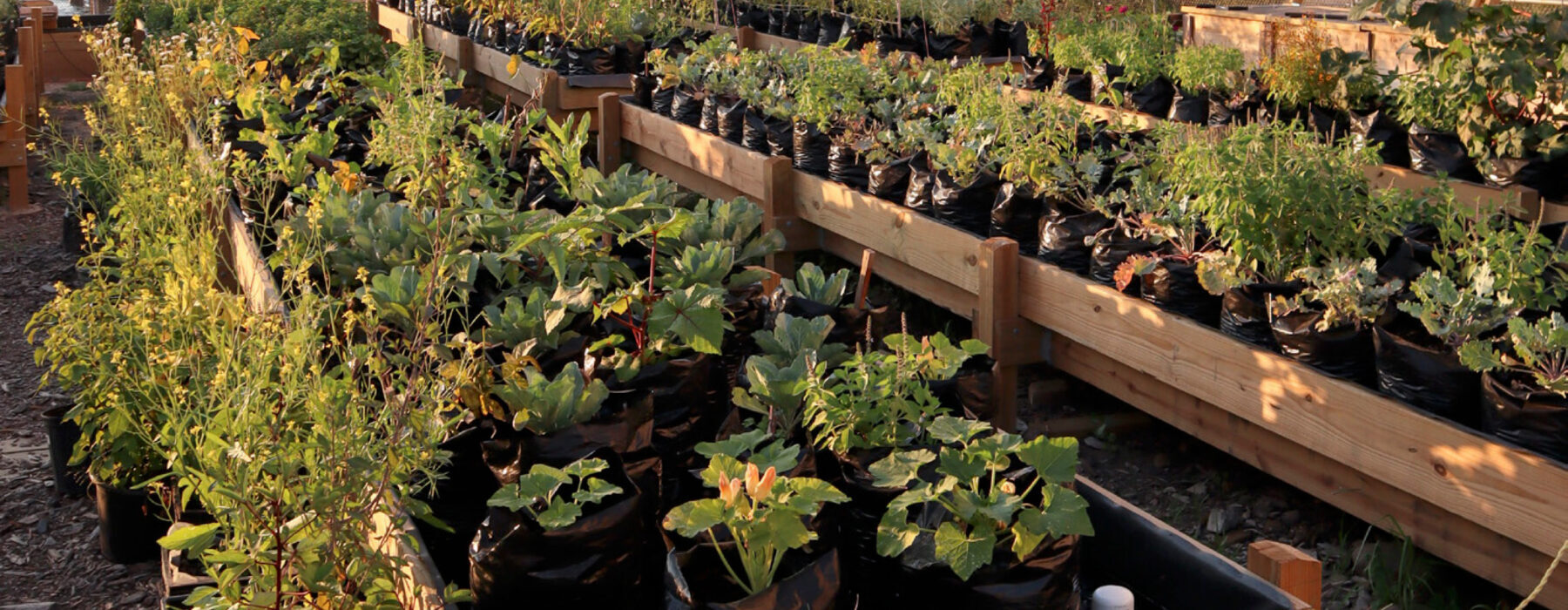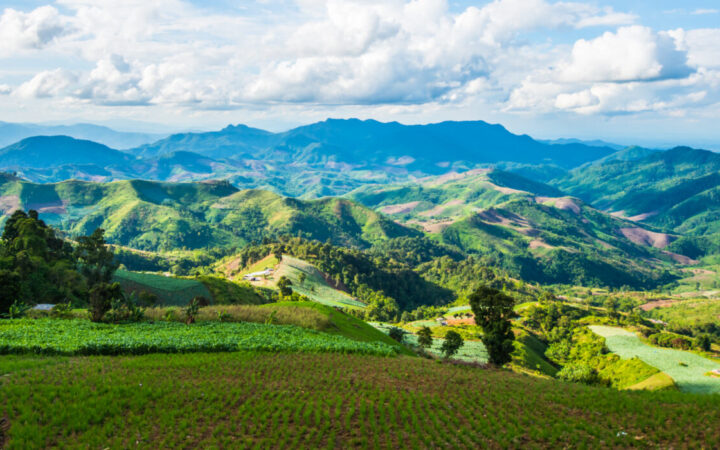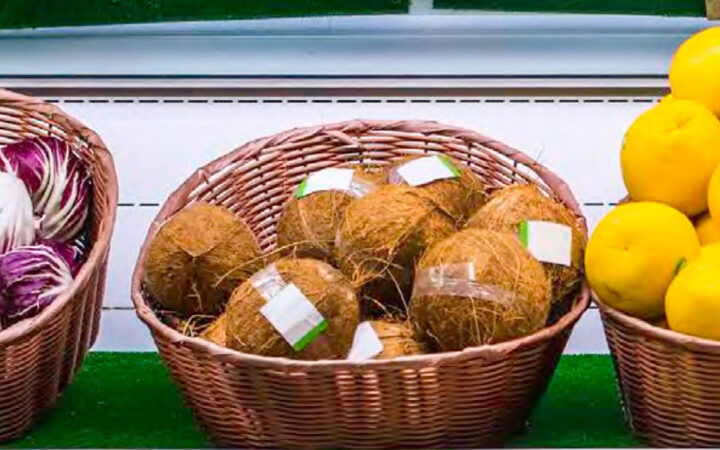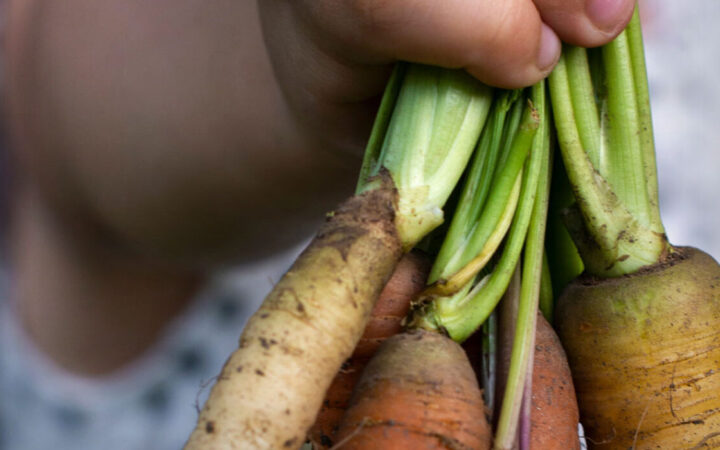This resource addresses the need for equity-centered food systems resilience as an essential component of climate crisis response in the short and long term, with a focus on healthy food access.
Introduction
This resource is the first in a series intended for local, regional, and state planners and policy makers, as well as food policy councils and advocacy groups tasked with addressing the multi-dimensional and disparate impacts of climate change in their respective jurisdictions. Common understanding of resilience typically has more to do with emergency response and preparedness. One goal of this resource is to demonstrate that short-term risk management is not sufficient, especially for those most affected by climate change impacts. Specifically, this resource addressed the need for equity-centered food systems resilience as an essential component of climate crisis response in the short and long term, with a focus on health food access.
Acknowledgements
This resource was produced by the Center for Agriculture and Food Systems (CAFS) at Vermont Law and Graduate School and is funded by the National Agricultural Library, Agricultural Research Service, U.S. Department of Agriculture. The resource was written in partnership with Lihlani Nelson, Deputy Director and Senior Researcher, Center for Agriculture and Food Systems.
Contributors to this resource from CAFS include Laurie Beyranevand, Lindsey Cole, Claire Hermann, and Emily Spiegel, all of whom served as thought partners, writers, editors, and reviewers. CAFS thanks the following people for reviewing the resource and providing edits and feedback: Morgan Hester (Planning Manager, Long Range Planning Division, City of Colorado Springs), Luis Nieves-Ruiz (Director of Economic Development, East Central Florida Regional Planning Council), and Molly Riordan (Chair, American Planning Association Food Systems Division, and Director of Institutional Impact at the Center for Good Food Purchasing). Reviewers did not review the final document and do not necessarily agree with the resource’s arguments but provided tremendously thoughtful guidance and feedback on its content.
Suggested Citation
Jenileigh Harris & Lihlani Nelson, Food Systems Resilience Planning and the Climate Crisis, Vt. L. & Grad. Sch. Ctr. for Agric. and Food Sys. (2024), https://www.vermontlaw.edu/sites/default/files/2024-05/food-systems-resilience-planning-and-the-climate-crisis.pdf.





